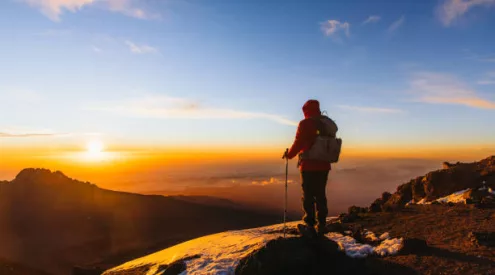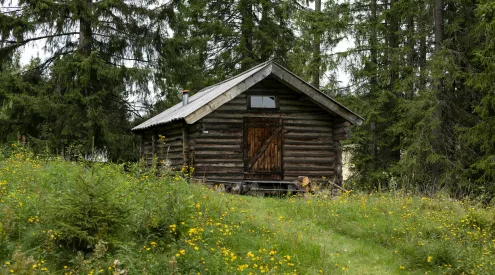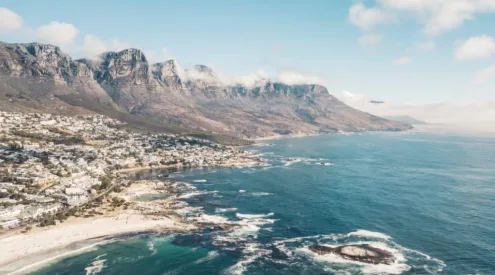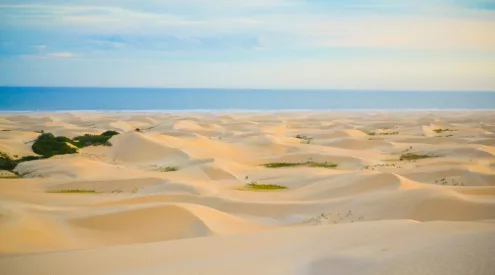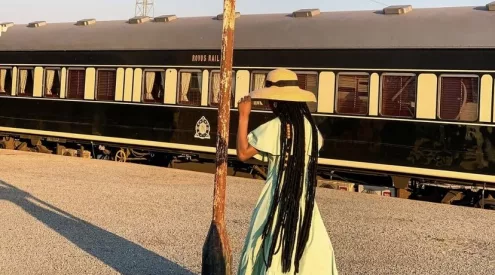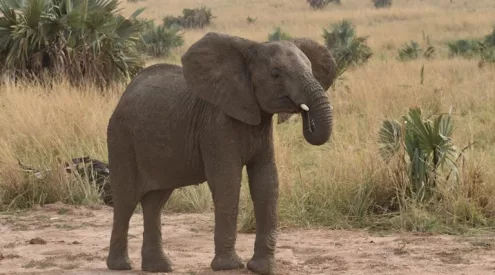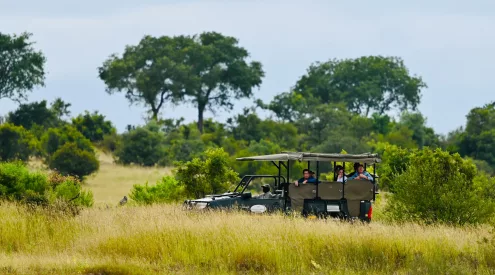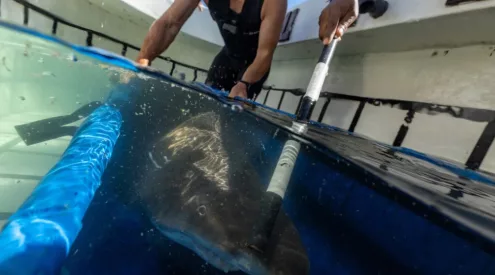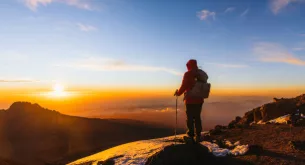Every year, between June and December, southern right whales make their way to Cape Town to give birth or find a mate.
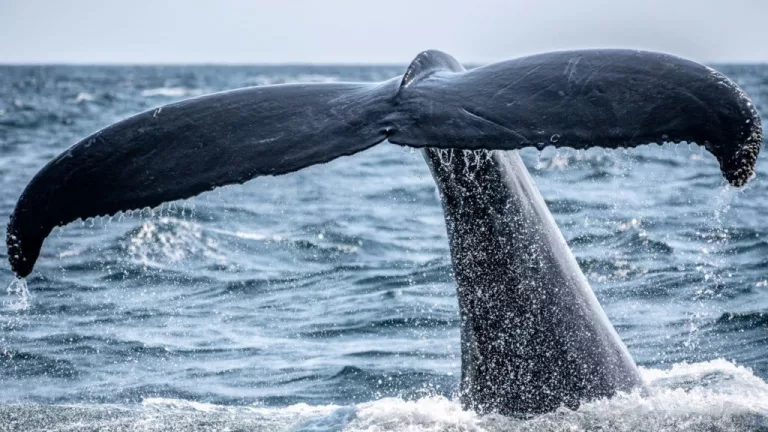
Image: Unsplash / Richard Sagredo
To date, 265 whales and their calves have been spotted around Hermanus, Cape {town} Etc reports.
Dr Els Vermeulen of the Whale Unit of the Mammal Research Institute (MRI) at the University of Pretoria says the 2024 numbers are very similar to 2022, indicating that it takes whales longer to produce a healthy baby, which could be attributed to a drop in food availability.
‘[2024] is not a bad year, given the trend we’ve had recently,’ Vermeulen told Lester Kiewit on Cape Talk.
‘In 2018 and 2023 we had records for the number of calves and these are a bit higher than I would expect as normal. What we’re counting this year is very similar to what we had in 2022.’
‘These trends are very clearly showing the cycles, going from a very high presence of calves to a lower presence of calves and that relates to the productive cycles of the females.’
If you would like to see some of these momma whales and calves, check out these spots:
Boyes Drive
St James
Kalk Bay
Clovelly Corner
Jager’s Walk (Fish Hoek)
The coastal road from Fish Hoek to Simon’s Town
Cape Point’s Rooikrans
Baden Powell Drive (connecting Muizenberg to Stellenbosch)
Clarence Drive (between Gordon’s Bay and Betty’s Bay, Overberg)
Betty’s Bay and Kleinmond (Overberg)
Struisbaai (Southern Cape)
Arniston (Southern Cape)
Stilbaai (Southern Cape)
Nature’s Valley (Garden Route)
Elands Bay (West Coast)
Saldanha Bay (West Coast)
Langebaan (West Coast)
Paternoster (West Coast)
Doringbaai (West Coast)
Llandudno (Cape Town)
Hout Bay (Cape Town)
Melkbosstrand (Cape Town)
Article written by Ilze-Mari Van Zyl for Cape Town ETC.
ALSO SEE: National Parks Week in September will grant free entry to SA citizens to many parks
Follow us on social media for more travel news, inspiration, and guides. You can also tag us to be featured.
TikTok | Instagram | Facebook | Twitter

